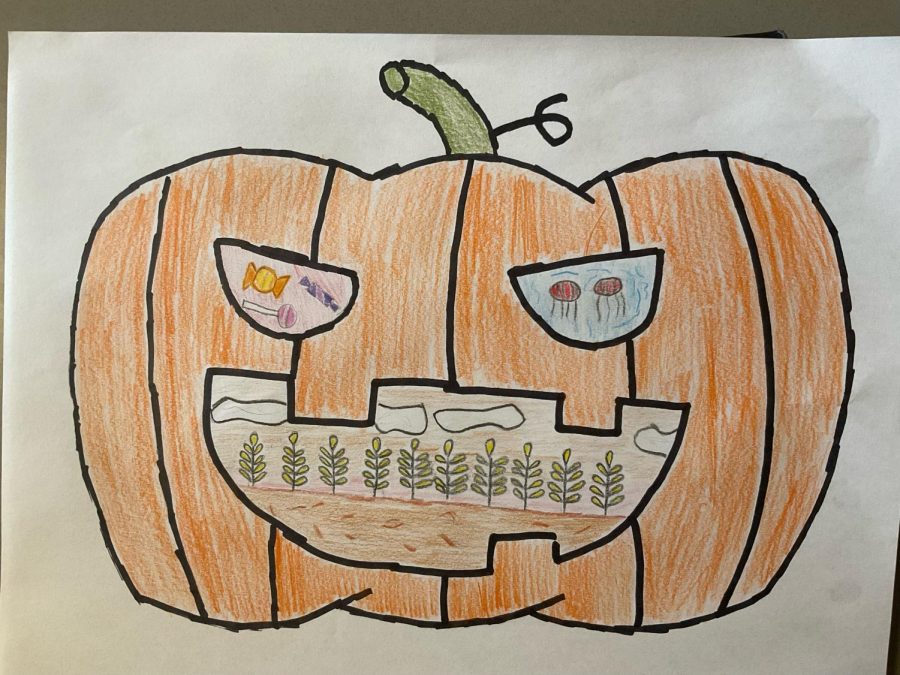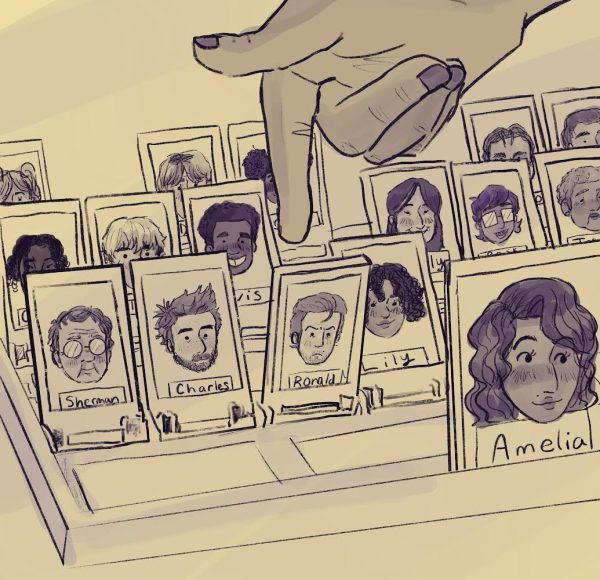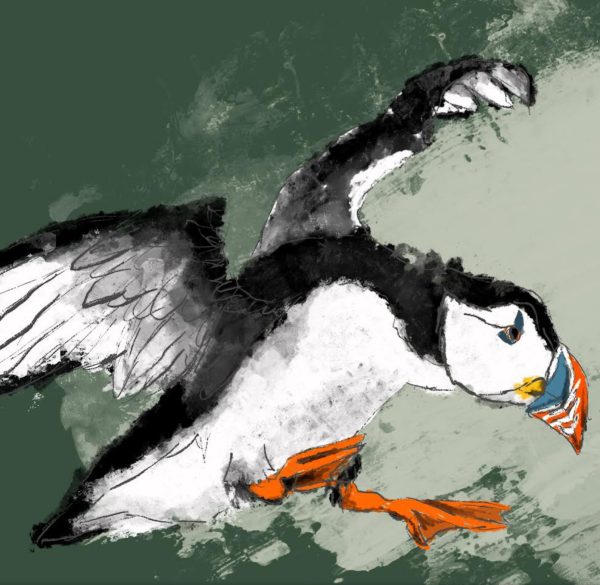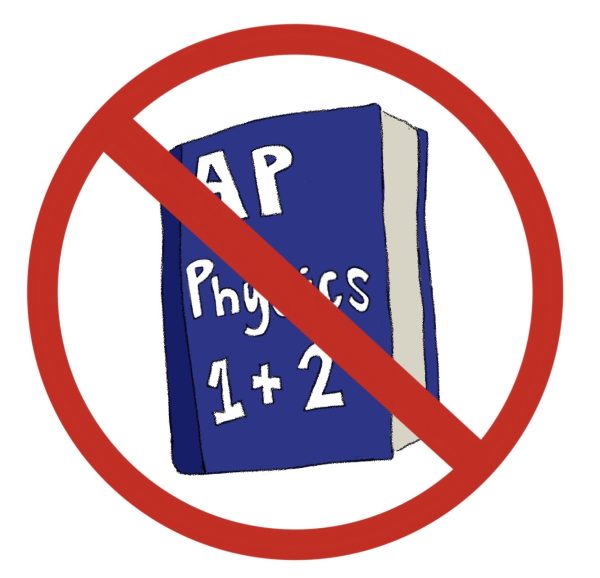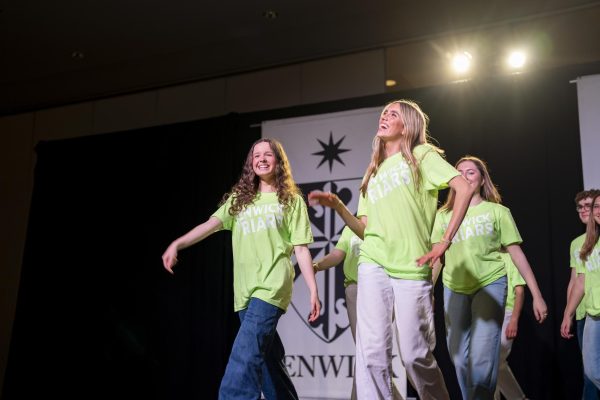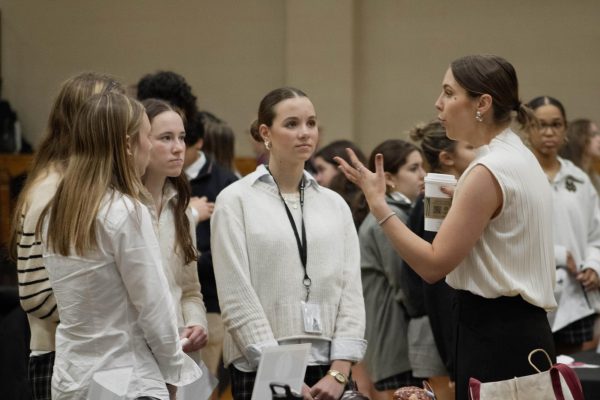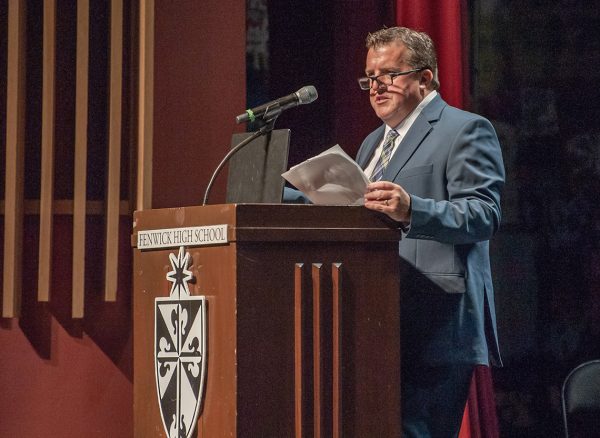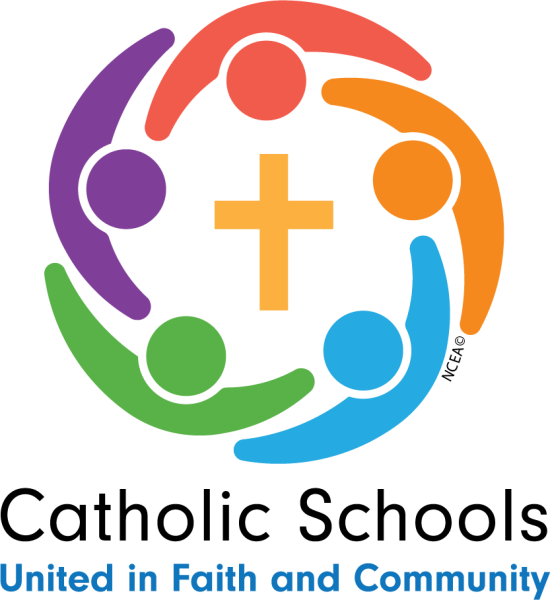What Does the Word Halloween Mean?
What does the word Halloween mean? The word Halloween comes from All Hallow’s Eve meaning “Hallowed Evening.” Halloween evolved from Samhain, a pagan festival that marked the end of harvest season, the end of summer, and the Celtic New Year. The Celtic pagans believed that on this day a door between the human world and the spiritual world would break down and allow interaction between humans and people of the spiritual world. Celts believed that the spirits of their ancestors would visit the living, take their offerings, and would dress up as animals or monsters and wait for their ancestor’s arrival. This tradition is believed to have been around since the 9th century and therefore lays the foundation for what we now recognize as Halloween costumes.
Why was Samhain changed to Halloween? In 609 A.D., Pope Boniface IV dedicated the Pantheon in Rome to honor Christian Martyrs. Later, the festival expanded and celebrated martyrs and saints. The Church celebrates All Souls Day to honor the dead. On All Souls Day, people dressed up as angels, devils, and saints. As time went on, more Celts started leaving behind their Samhain practices and started following the Church’s tradition. Samhain was changed into “Allhallowtide,” then to All Hallow’s Eve, and then eventually it was changed into Halloween! I had the pleasure of interviewing one of Fenwick’s Theology teachers, Ms. Regan about how All Saints Day is related to Halloween.
Q: What is All Saints Day?
A: “In the Catholic faith, All Saints Day is typically celebrated with a mass in which we honor some of the most beloved saints within the Catholic tradition. This day commemorates all of the saints who have gone before us and lived holy lives.”
Q – How is All Saints Day related to Halloween?
A: “Halloween, also named as “All Hallow’s Eve” is named as such because it is the eve of the feast of All Saints, or those who are “hallowed”, meaning holy.”
Q – On what day is All Saints Day celebrated?
A: “All Saints Day is celebrated every year on November 1st, the day after Halloween, and the day before All Souls Day.”
How many countries celebrate Halloween? In the United States and Canada, people spend billions of dollars a year solely on candies and costumes. Celtic countries like Wales, Scotland, and Ireland also celebrate Halloween by following modern traditions. Latin America, Spain, and Mexico all celebrate El Día de los Muertos, or the Day of the Dead, which is celebrated on November 2nd. This is a day where people make ofrendas for loved ones that have passed away. They put their loved one’s favorite foods and drinks on these ofrendas, and decorate the ofrenda with candles and colorful paper. It is believed that the dead visit the living and take what is in the ofrendas. People in Japan celebrate the Obon Festival which is celebrated from August 13 to August 15 to honor their late ancestors. Fires are lit at night and red lanterns are placed onto rivers and oceans. In China, the Chinese New Year, celebrated on January 22, is a day to honor your ancestors by celebrating with a lantern festival. Animal shaped lanterns are found on every street and near homes to scare away evil spirits. People put photos of the loved ones they’ve lost, and put their favorite foods and drinks in front of the photos. I had the pleasure of interviewing one of our fellow Friars, Monserratt Ornellas of the class of ‘25. Here is what we talked about:
Q – Do you think there’s an age limitation to trick-or-treating?
A: “No, I don’t think there should be an age limitation, because candy is for like everyone and Halloween is the only time you get free candy, and everybody at any age will take advantage of anything free.”
Q – In your opinion, what’s the best part about Halloween?
A: “The best part about Halloween is the candy and then going out, and I really like how cold it is outside. That’s the best part about Halloween. I like staying in all cozy, watching movies.”
Q – What are you looking forward to this Halloween?
A: “I’m looking forward to watching all the new scary movies coming out, I’m also looking forward to trick or treating and figuring out what I should be, like my costume.”
Q – What do you think the phrase “trick-or-treat” means?
“Trick or treating could mean like, you’re tricking the people you’re giving candy to, giving them a little tiny scare and then to relax them you can give them a gift like candy.”



